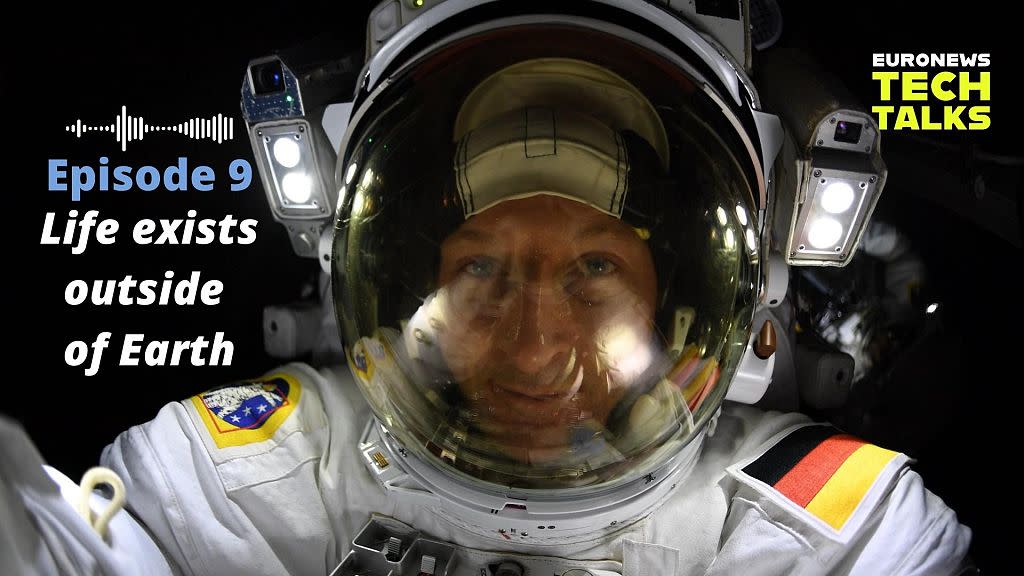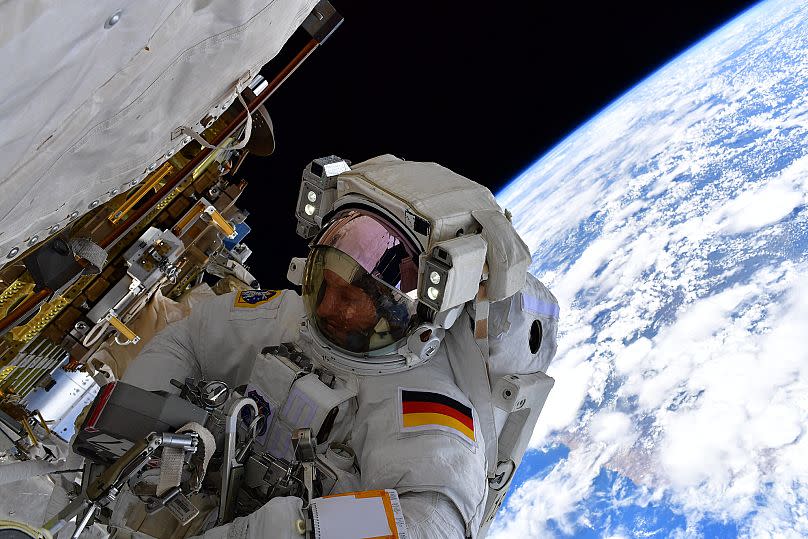Q&A: Life exists outside of Earth with astronaut Matthias Maurer | Podcast

Will humans ever be born on the Moon? Until then, ESA astronaut Matthias Maurer answers questions about life on the International Space Station, humanity's last frontier. From daily routines to his deepest fears, from his diet to his daring first spacewalk. The questions come from France's largest planetarium at Vulcania Theme Park.
177 days aboard the International Space Station
Matthias Maurer, a German astronaut with a background in materials science, joined the ESA astronaut corps in 2010. He is one of the six Europeans eligible for lunar travel. His first space mission, named "Cosmic Kiss," was launched on November 11, 2021.
During his 177 days aboard the International Space Station (ISS), he supported over 35 European experiments.
The ISS, a collaborative space laboratory and habitat, serves as a platform for astronauts from around the world to conduct scientific research while living and working in microgravity.
Measuring 108 meters from end to end, it's just one meter shorter than the full length of a European soccer field, including the goal areas.
It completes an orbit around Earth roughly every 90 minutes, providing a unique experience where astronauts float throughout the day, witnessing 16 sunrises and 16 sunsets.

Human adaptability is remarkable, and Matthias acknowledges that there are moments when astronauts forget they are in space, imagining themselves working in an underground laboratory.
One of Matthias's most extreme experiences beyond our planet was his first spacewalk, an event he likens to a scene from 'Alice in Wonderland,' "where Alice falls down the well and finds herself in a different paradise."
Euronews Tech Talks: The podcast unravelling the big questions shaping Europe's digital landscape
Euronews Tech Talks: How space exploration is propelling our daily lives
After India's south pole moon landing: exploring the Lunar Gateway and human hibernation
From inducing hibernation in humans to the Moon's south pole
In previous episodes of Euronews Tech Talks, we engaged with ESA astronaut Samantha Cristoforetti, exploring the growing interest in the Moon's south pole. We also delved into the possibility of inducing hibernation in humans for long-duration space travel with ESA's Lead for Life Sciences, Angelique Van Ombergen.
Our space journey also took us through Spain, France, Germany, and the UK, uncovering how space research contributes to improving life on Earth.
Blockchain and generative AI were also featured in our previous series.






 Yahoo News
Yahoo News 

